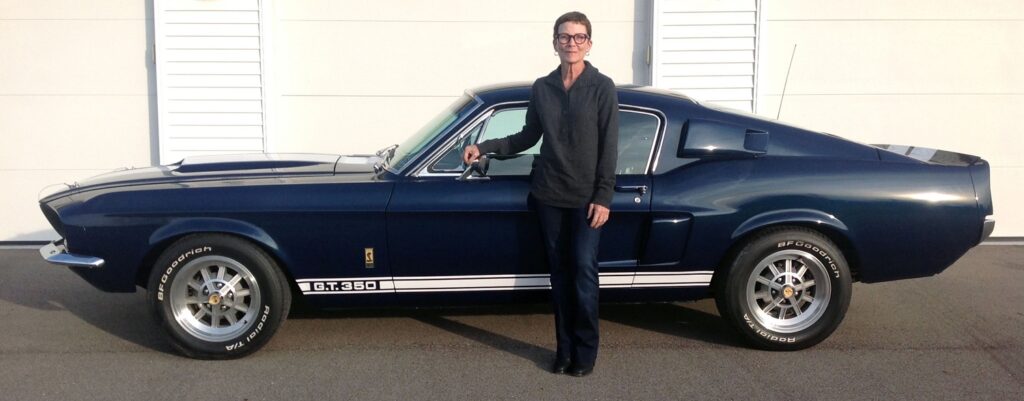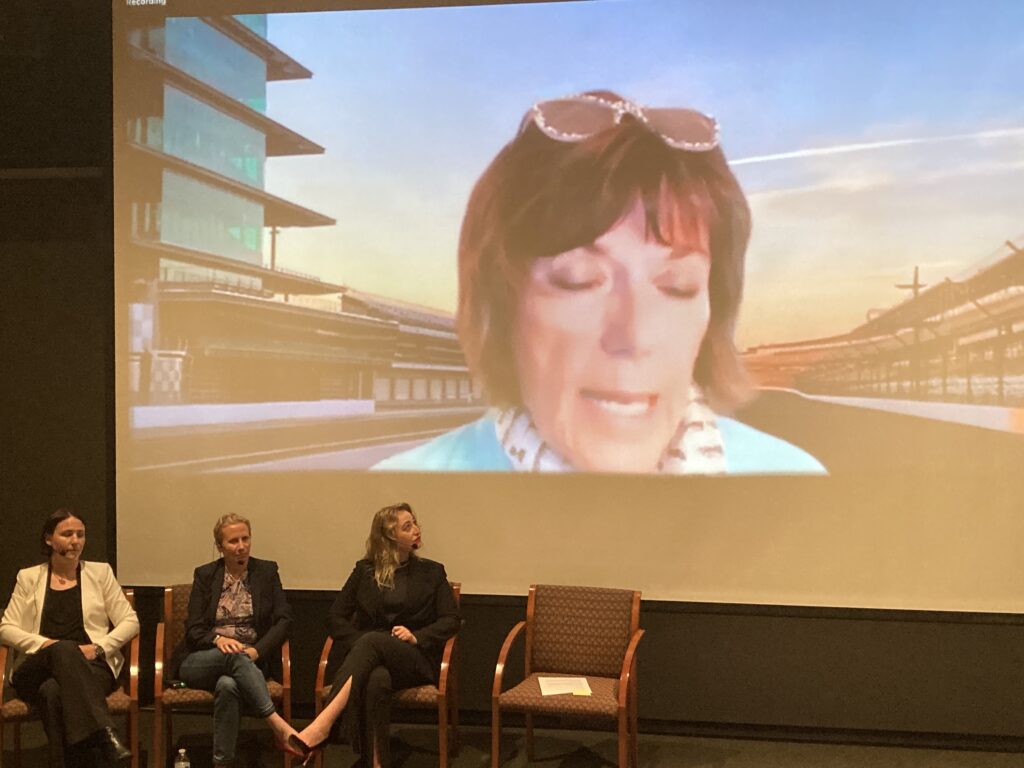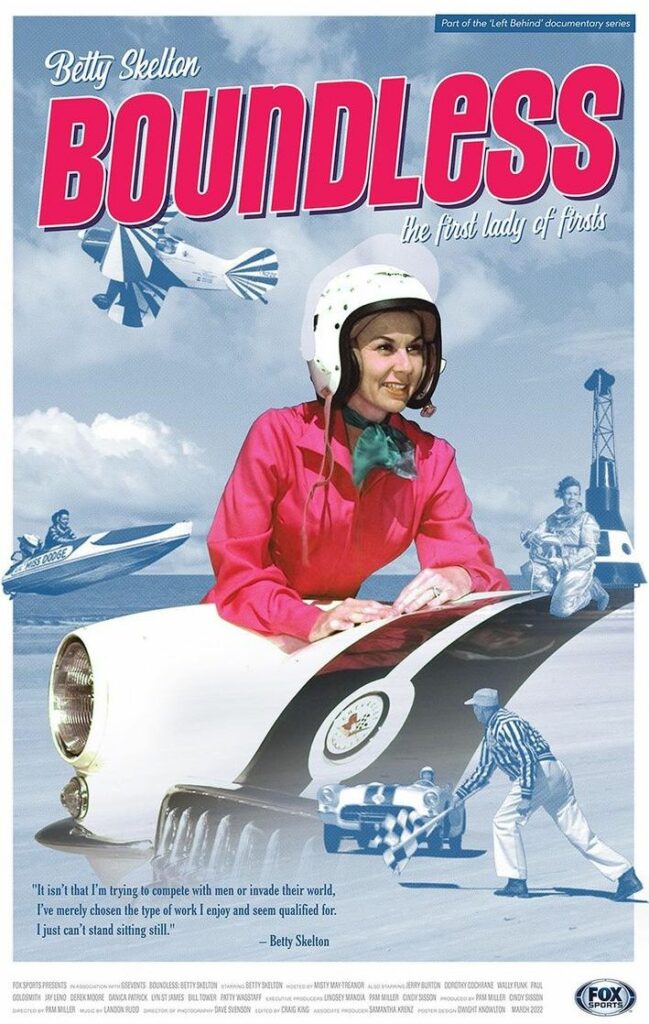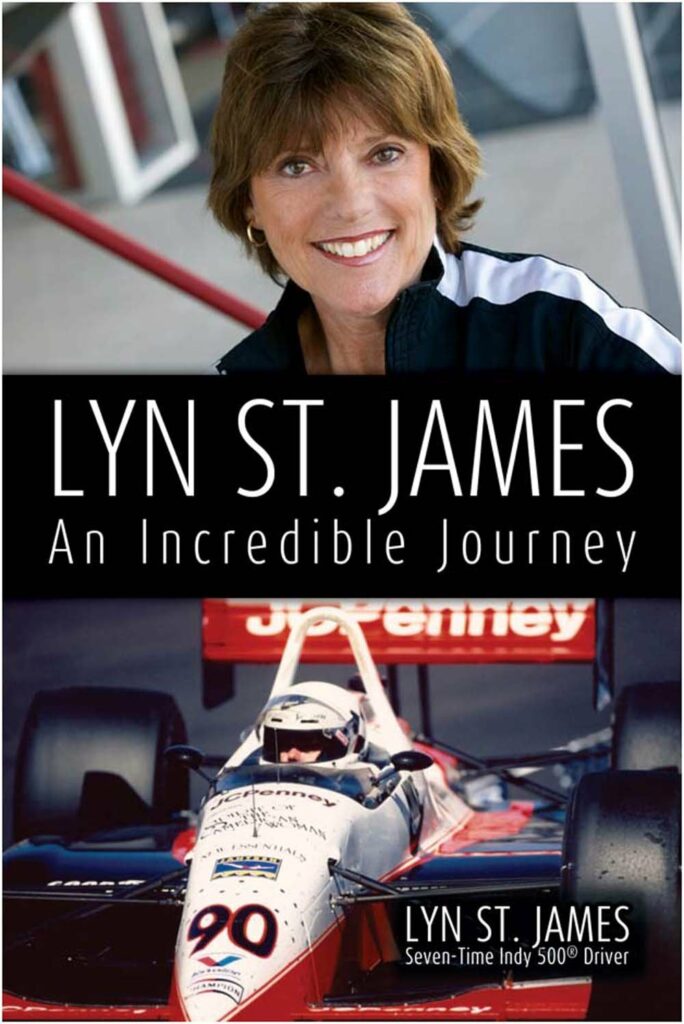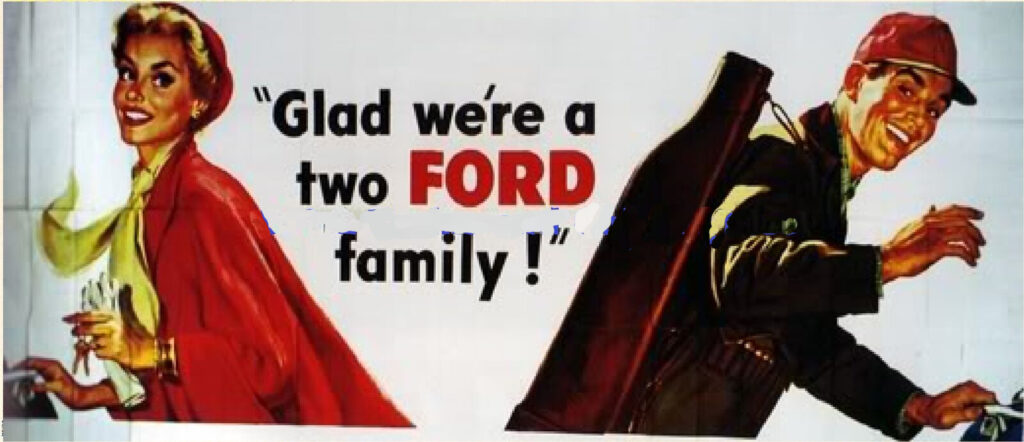
Jalopnik recently posted a question to its readers concerning family automotive brand loyalty. As auto journalist Steve DaSilva exclaimed, “Car companies, like any other, try to build brand loyalty – but they often go one step further, trying to build loyalty through a whole family.” Since I am a baby boomer who grew up in Detroit, the families I knew were most often loyal to a particular USA brand. Since so many folks in Michigan are somehow connected to an auto company – they work there, or know someone who does – the brand of choice is dependent on the relative who can get you the best deal. In a past project focused on elderly women’s early automotive experiences, I interviewed female residents of two senior living establishments – one in Louisville Kentucky and the other in a Detroit suburb. While some of the Louisville women had automotive connections through family members or friends which influenced their vehicle choices, the loyalty to American cars among the Michiganders was almost universal. Although not all had friends or family in the auto industry, most had husbands who – as auto ‘experts’ – made the choices as to which cars their spouses could drive. There is an underlying ‘buy American’ sentiment in the greater Detroit area, particularly among the older generation. Thus many of the women waited until they were widowed or financially independent to choose a brand to their liking. What was perhaps not surprising is that a good number of the women I interviewed – when having the opportunity to select their own car – went with a Japanese manufacturer. The women cited the safety features, economy, reliability, resale value, and smaller size as reasons they chose to switch allegiance to an import.
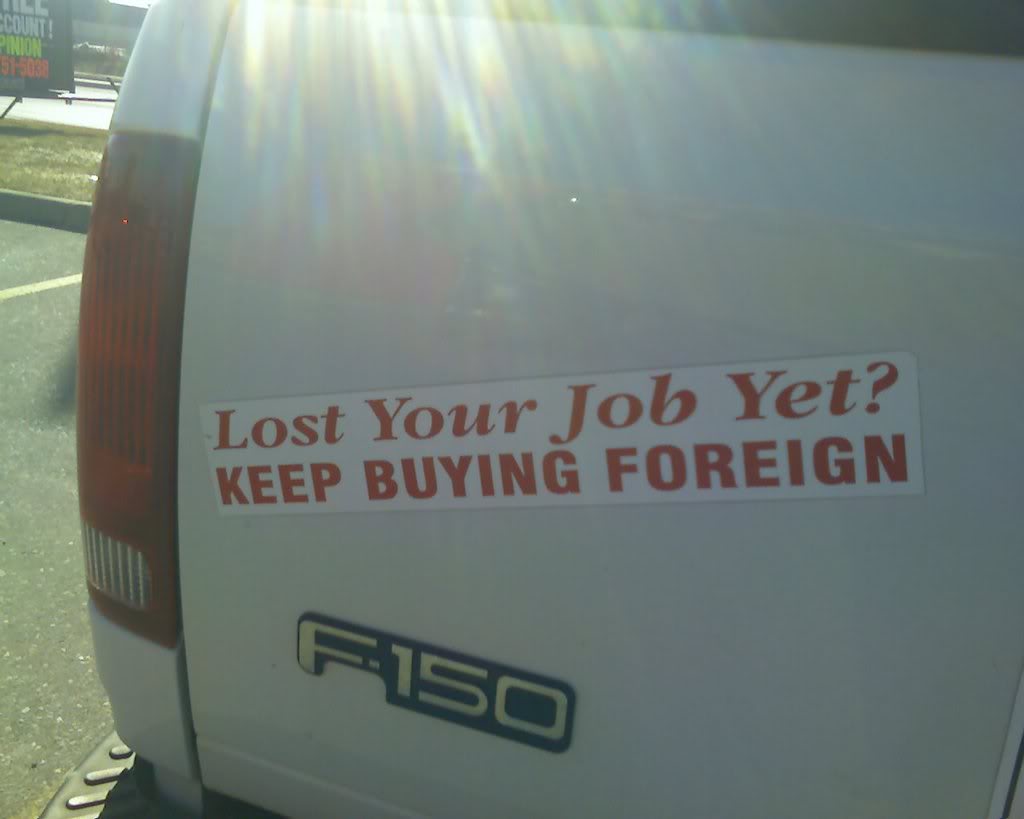
Growing up in a carless household [which is a whole other story], my siblings and I knew and recognized the brands [through games of who-can-name-the-car-brand-the-fastest often conducted out the window on the bus or parking lot] but really weren’t car savvy enough to have a favorite manufacturer. However as an adult, I had many relatives – brothers-in-law and nephews – who were engineers at Ford. So if I wanted to get a car on the A plan, I had to choose an offering from the Ford Motor Company. My brother and sister took advantage of this car buying deal at every opportunity filling their garages with Ford products; I, however, was more selective. As we needed a large vehicle for dog hauling, we took advantage of the Ford discount to obtain vans and SUVs that would suit our purposes. Much to the chagrin of my extended family, however, the cars I chose for myself were always imports.
When I purchased my first car in 1970, domestic car manufacturers offered very few small, economical models. As a college student, I selected the least expensive new car I could find, which was a Volkswagen Beetle [which seemed to be the car of choice at Wayne State University, which at that time was primarily a commuter school.] I remember the remarks of my Detroit neighbors when I made my purchase – they weren’t pretty. The ‘Buy American’ slogan was pretty strong in my next of the woods; purchasing a German car painted me, in their eyes, as a traitor, a less-than American. However, I knew what I wanted, could afford, and happily drove that car for seven years until it was totaled while parked in front of my apartment. Most of the personal cars I have owned since that time have been VWs or Audis. The only way I have redeemed myself somewhat with my family was in my choice of classic cars. Not only were my cars made in America, but were produced by Ford – a 1949 Ford Coupe and 1967 Ford Shelby Mustang, to be exact. The only catch is, they were made so long ago I couldn’t get the family Ford discount.
